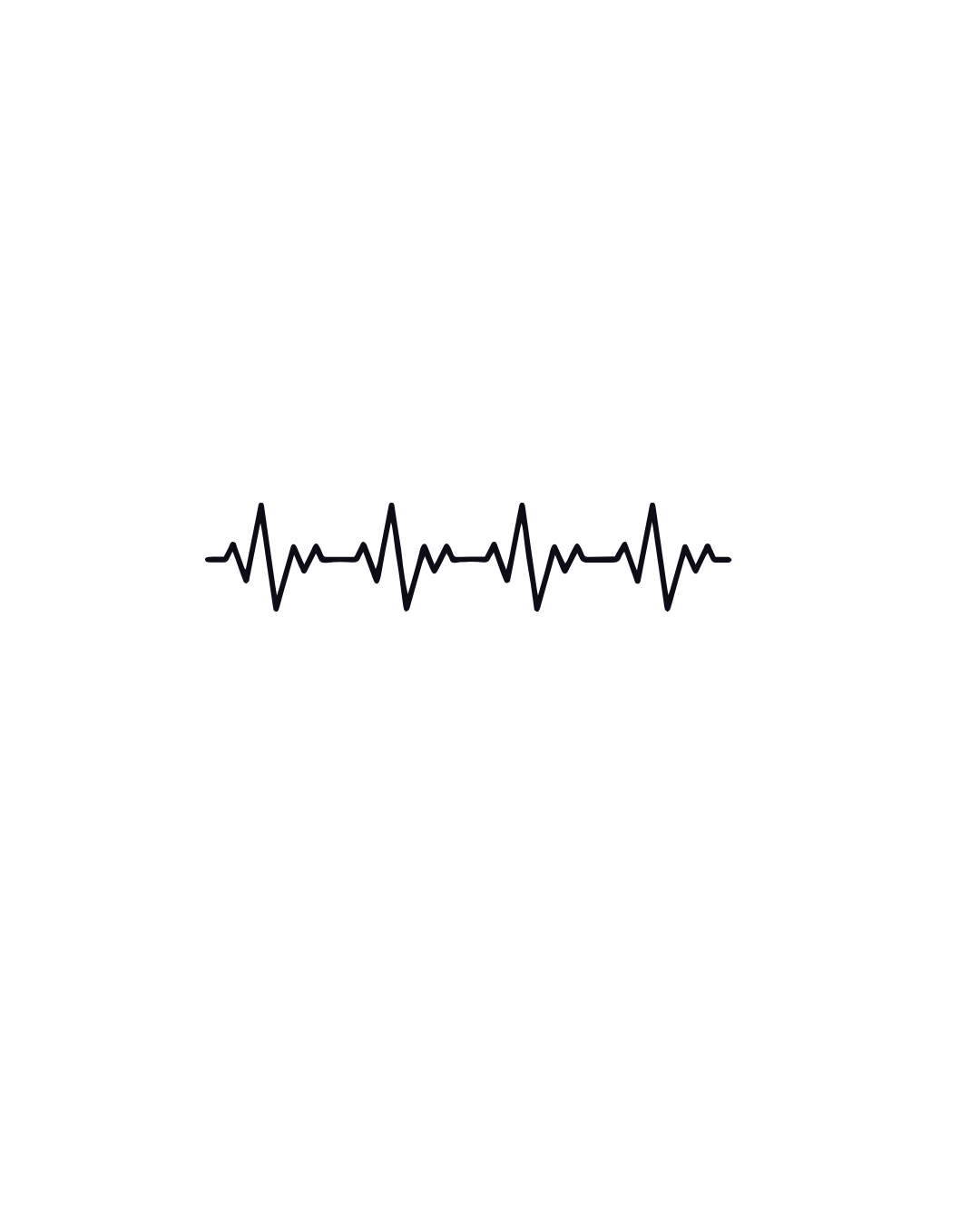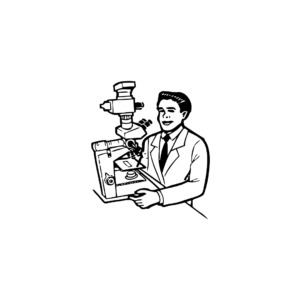Description
Overview of Certificate Course in ECG Technician
The Certificate Course in ECG Technician is designed to provide students with specialized knowledge and skills to perform electrocardiogram (ECG) tests and contribute to cardiovascular patient care. This program equips individuals with the necessary training to monitor heart health, recognize abnormalities, and assist healthcare professionals in diagnosing heart conditions through ECG technology.
Core Areas of Study in the ECG Technician Certificate Course
Introduction to Cardiology
Overview of the cardiovascular system, common heart diseases, and the role of ECGs in diagnosing and monitoring cardiac health.
Electrocardiography Basics
Fundamental concepts of electrocardiography, including electrical conduction in the heart and the significance of the ECG waveform.
ECG Techniques and Procedures
Practical training in performing ECG tests, including patient preparation, electrode placement, and interpretation of ECG results.
ECG Equipment Operation
Familiarization with ECG machines and accessories, including maintenance and troubleshooting of equipment.
Patient Care and Communication
Skills in providing patient comfort and support during the ECG procedure, along with effective communication regarding the test process.
Cardiac Arrhythmias
Understanding different types of arrhythmias, their implications, and how to recognize them on an ECG reading.
Infection Control and Safety Protocols
Training in maintaining a sterile environment, infection prevention practices, and ensuring patient safety during ECG procedures.
Documentation and Reporting
Skills in accurately documenting ECG findings and reporting results to healthcare professionals for further evaluation.
Curriculum Structure
A typical Certificate Course in ECG Technician may include:
Core Courses: Subjects covering cardiology, electrocardiography principles, patient care, and arrhythmia recognition.
Practical Training: Hands-on experience in performing ECGs, using ECG equipment, and understanding patient interactions.
Clinical Experience: Opportunities to work in healthcare settings, such as hospitals or clinics, to gain real-world experience in conducting ECG tests.
Admission Requirements
Admission to a Certificate Course in ECG Technician typically requires:
A high school diploma or equivalent, with preferred coursework in biology and health sciences.
Some institutions may require an interview or assessment to evaluate the applicant’s suitability for the program.
Skills Developed in the ECG Technician Certificate Course
Graduates of the Certificate Course in ECG Technician will develop essential skills, including:
Technical Expertise: Ability to perform ECG tests accurately and understand the basic principles behind the readings.
Patient Interaction: Skills in effectively communicating with patients, ensuring their comfort and addressing any concerns during the procedure.
Arrhythmia Recognition: Competence in identifying and understanding different types of cardiac arrhythmias from ECG readings.
Equipment Proficiency: Familiarity with ECG machines, their operation, and troubleshooting common issues.
Attention to Detail: Strong focus on detail to ensure accurate placement of electrodes and interpretation of results.
Career Opportunities
Upon completion of the Certificate Course in ECG Technician, graduates can pursue various entry-level positions, including:
ECG Technician
Performing ECG tests in hospitals, clinics, and diagnostic centers, recording results, and assisting healthcare providers.
Cardiac Monitor Technician
Monitoring patients’ heart rhythms, especially in critical care settings, and reporting any abnormalities to medical professionals.
Patient Care Technician
Supporting healthcare teams by assisting with patient care tasks, including performing ECGs and other basic diagnostic procedures.
Clinical Assistant
Assisting in various clinical settings with patient preparation, data entry, and supporting medical staff in patient assessments.
Conclusion
The Certificate Course in ECG Technician provides students with the vital skills and knowledge required to contribute to the field of cardiology and patient care. Graduates are well-prepared to perform ECG tests and play a crucial role in monitoring and diagnosing heart conditions, ultimately enhancing patient outcomes in healthcare settings. If you have any further questions about the Certificate Course in ECG Technician or related topics, feel free to ask!









